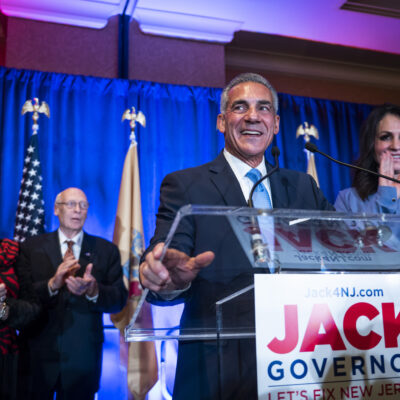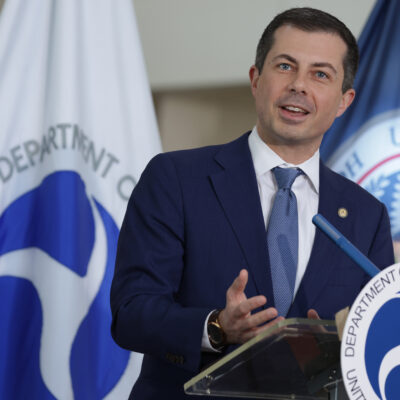
SAMEER AL-DOUMY/AFP via Getty Images
French Jews reel over shock election results boosting extreme parties
The Jewish community in France feels doomed but mass immigration to Israel isn’t likely now, experts say
Many in France celebrated the unexpected victory of a left-wing coalition in blocking the rise of Marine Le Pen’s controversial far-right party in Sunday’s parliamentary elections. But for the country’s Jewish community – the largest in Europe – the...






